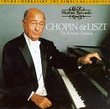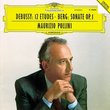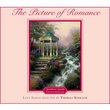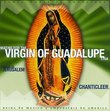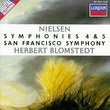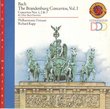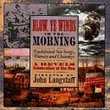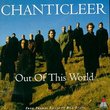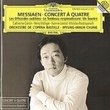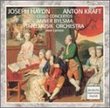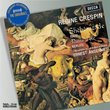| All Artists: Bax, Thomson, Lpo Title: Truth About Russian Dancers Members Wishing: 0 Total Copies: 0 Label: Chandos Original Release Date: 1/1/1991 Re-Release Date: 10/28/1992 Genre: Classical Styles: Ballets & Dances, Ballets, Forms & Genres, Theatrical, Incidental & Program Music, Historical Periods, Modern, 20th, & 21st Century Number of Discs: 1 SwapaCD Credits: 1 UPC: 095115886328 |
Search - Bax, Thomson, Lpo :: Truth About Russian Dancers
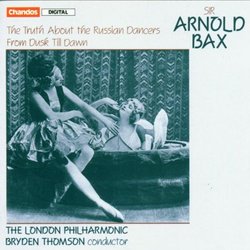 | Bax, Thomson, Lpo Truth About Russian Dancers Genre: Classical
The arrival of the Ballets Russes in London in the late spring of 1911, led by the dynamic Diaghliev, made a huge impact on an entire generation of British composers who were still in music school--or, as in Bax's case, ... more » |
Larger Image |
CD DetailsSynopsis
Amazon.com The arrival of the Ballets Russes in London in the late spring of 1911, led by the dynamic Diaghliev, made a huge impact on an entire generation of British composers who were still in music school--or, as in Bax's case, had just got out. Russian Orientalism was still quite popular, and in 1919 Bax did two orchestrations of Lyadov's Children's Tales when asked to set music to J. M. Barrie's play The Truth About Russian Dancers. Its success was modest, owing to Bax's eccentric take on fractured dance rhythms. (Classically trained dancers couldn't dance to it.) Still, it has all the flavor and dynamism of Bax's mature tone poems. --Paul Cook Similar CDs
Similarly Requested CDs
|
CD ReviewsThe balletic Bax is worth it! K. Farrington | Missegre, France | 03/27/2000 (5 out of 5 stars) "At first Bax seems to be totally haunted by his preoccupations with the 'Yeatsian' celtic world of legends and later with the northern darkness of Jean Sibelius. In some senses this facile analysis is true but Bax was a much more complicated artist than that. The first important fact about this CD is that it is early Bax, thus confirming that he wrote these pieces before his creative drive started to fail him as opposed to his reactive works which he slaved over later and lacked something of the conviction of his earlier works. These two works come from 1917-8 and 1920 respectively. Therefore they came from a mature period in his life when he had some of his best rone poems behind him, 'the Garden of Fand', 'Tintagel', etc. and are not mere juvenilia despite the present complete neglect of them. The reason they are not performed immediately becomes obvious when you read the sleeve notes which describe the ballets to which they refer. The programmes are to the modern mind frankly embarrassing although they probably would have been amusing to an audience of the time. However that is eighty years and world wars away in spirit for these works might have been composed after WWI but they really belong to the period before it in terms of artistic creation. I would suggest to anyone purchasing this CD (and I strongly recomend that they do so!) not to read the notes until after playing the music through at least a couple of times because I feel they actually detract from the appreciation of this marvellous music. It is pure Bax, shorn of his celtic, nordic concerns and rich in melodic and orchestral features which delight the ear and please any admirer of his art. The closest comparison I have is with Maurice Ravel in his ballet scores like 'Ma Mere L'Oye' or 'Daphnis and Chloe' although Bax's music is quintessentially his own and the similarity is maybe just one of superficial episodic atmosphere. Bax gives us one of his best tunes 'the Dance of Motherhood' here to which he gives his dreamy swell and passionate touch, lifted by the dry reedy woodwind away from being too rich and cloying. The harmonies of mystery are still there and that is why I feel the 'kitschy' ballet around it detracts from the music which has its own strength and needs its independence in order to gain acceptance to modern taste. The playing and recording are wonderful, Thomson and the LPO are taking it as seriously as Beethoven's 9th which saves the works from being discarded remnants of outmoded taste. We get 67 minutes of great music which will never fail to interest and lift spirits that might be sad on a rainy November evening. Lovely, lovely stuff!"
|

 Track Listings (41) - Disc #1
Track Listings (41) - Disc #1
